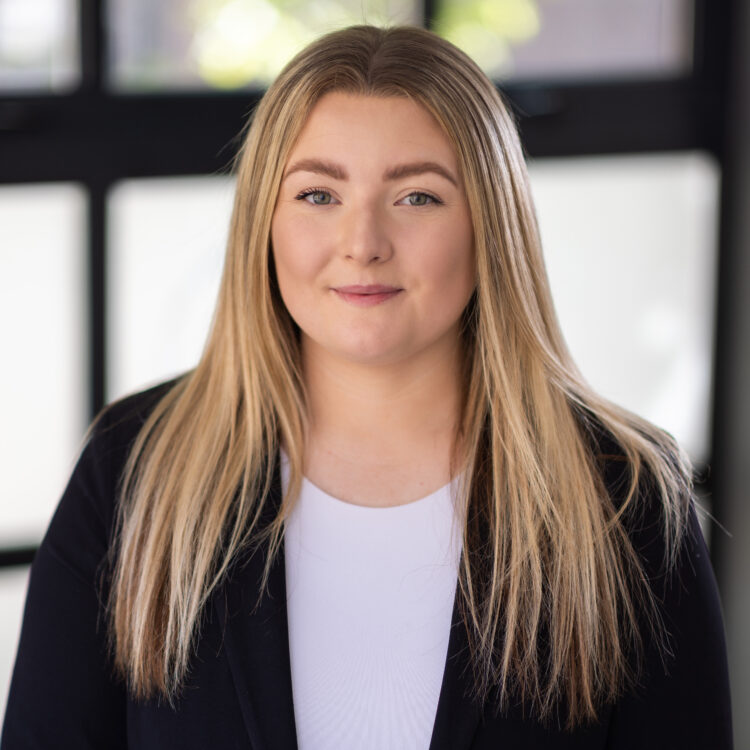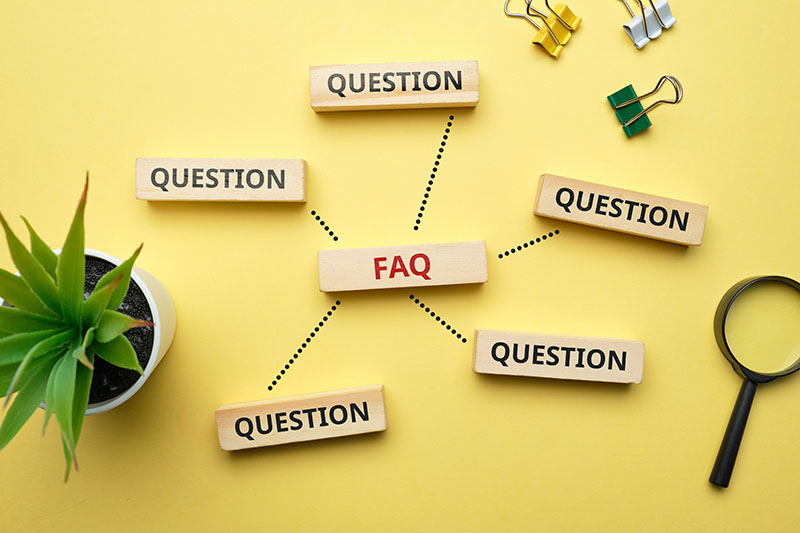Collaborative law – finding solutions together
Separating is difficult enough without the extra stress of costly litigation, but reaching a resolution after deciding to separate does not need to be an aggressive process or require lengthy legal battles.
Collaborative law (CL) is a voluntary, confidential dispute resolution process, that aims to resolve disputes between couples without the need to involve the Court. Both parties are represented by collaboratively trained lawyers, who assist negotiations through a series of meetings. The couple retain control over the process and with the guidance of their lawyers decide how to settle the dispute and on what terms.
CL is not suitable where there has been domestic violence, where one party cannot or will not be represented, or where there is a significant imbalance of power in a relationship, but it is commonly used to deal with financial disputes and contact issues between separating couples, married or not.
The advantages of collaborative law include:
- A better ongoing relationship between the parties because of the avoidance of litigation
- No lengthy or aggressive correspondence between the lawyers, as questions can be asked and issues clarified immediately during the meetings
- The process is often significantly shorter than the traditional Court process and therefore can be less expensive
Next steps: get in touch
If you and your partner are separating and want to discuss the option of using the collaborative law process as an alternative to Court or mediation, contact our family team on: 0800 533 5349 or enquiries@mogersdrewett.com
Meet the team
Frequently asked questions
Under collaborative law, all negotiations happen in four-way meetings between the couple and their respective family solicitors.
Since the lawyers are present, there is usually very little need to spend time sending and waiting to receive letters. All matters can be discussed during the meetings. And you can even agree to bring pension, finance or relationship experts into the process to help both parties.
Everyone present in a collaborative law meeting is also required to sign a contract agreeing to keep the process confidential. Participants also agree to a code of conduct that lays out expected behaviour, both during the meetings and beyond.
The length of the collaborative process depends on how much conflict or dispute there is between each party.
However, even when the disagreements are intense, collaborative law tends to be much quicker and more efficient that settling matters through the Courts.
As local collaborative law solicitors in Bath, Wells, Sherborne and Frome, it’s easy for the Mogers Drewett team to meet with you, your partner and their solicitor during the collaborative process. Together, we can help you resolve your disputes as quickly and fairly as possible.
If your and your partner’s collaborative lawyers cannot reach an agreement, neither of your lawyers will be able to take further part in the process. Instead, you will both need to instruct new lawyers to represent your interests.
The information gathered during previous meetings will be given to your new family solicitors. But while these new lawyers will be given the minutes of each meeting to help them catch up, they won’t be able to rely on previous discussions in Court.
The conflict that arises during acrimonious divorce or separation is what puts children at risk.
Since collaborative law is about conflict resolution, it can help you reach fair agreements about finances and childcare without creating an upsetting environment for children. It promotes open communication and cooperative parenting, helping you reduce the impact of your separation on your children.




